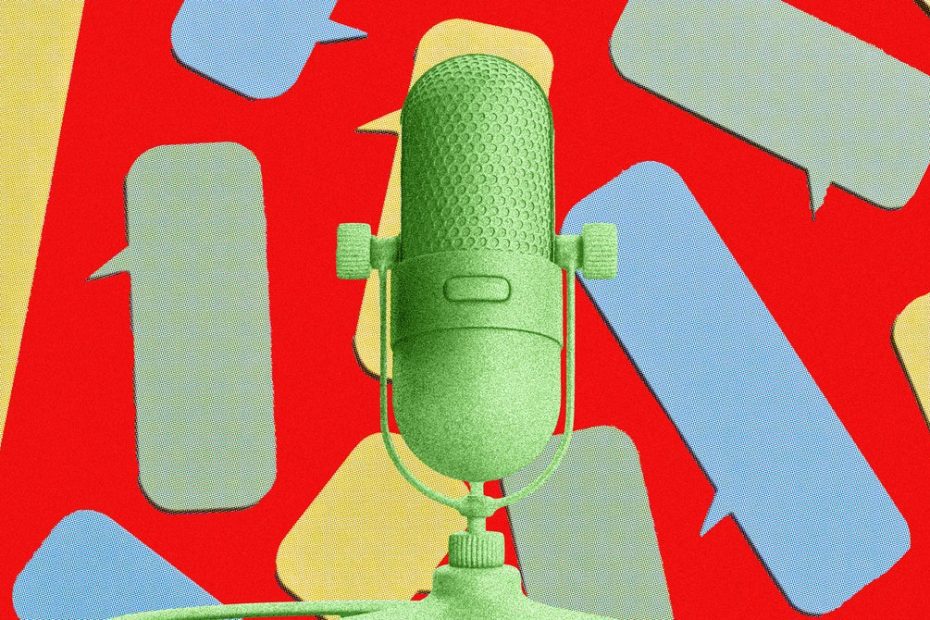Spotify’s decision to introduce comments sections under podcasts shouldn’t surprise anyone. For years, apps have been copying each other’s most popular features. Where apps once stuck to their respective “things,” they now want it all: You can post Stories on YouTube, use AI search tools on Instagram, and shop for clothes on TikTok. And as of last week, you can experience the thrill of seeing what random strangers think of your favorite podcasts on Spotify.
In 2020, Spotify flirted with social tools, like a Stories-like feature for artists and a collaborative playlist feature for users. The following year, Spotify began allowing creators to add interactive Q&As and polls to their podcasts, and began offering the option to select certain answers for public viewing.
Spotify's new comments section feature will require podcast publishers to review each comment submitted and select which ones to make public. But Spotify plans to eventually implement an option for comments to be public by default (and hasn't ruled out eventually expanding this feature to music), as long as they meet its content guidelines. (Spotify did not specify what the content guidelines are.)
This suggests that Spotify is trying to become more like YouTube, which has allowed largely unregulated comments sections beneath its videos since the 2000s.
YouTube comments, of course, are notoriously risky. For nearly two decades, the platform has attempted to tame its users’ feedback, which in many cases amounts to anonymous harassment. (The comments under Rebecca Black’s “Friday” video are just one example of online harassment gone wild.) Too many YouTube commenters have also engaged in sinister, predatory behavior; in 2019, for example, YouTube temporarily disabled comments on videos featuring children in an attempt to alleviate the platform’s apparent pedophilia problem.
Given that American political commentary makes up a significant portion of Spotify’s global charts (Ben Shapiro, Candace Owens, Ezra Klein, Jon Stewart and Tucker Carlson host some of Spotify’s most-listened-to shows), the platform’s comments sections could easily become an outlet for anger.
Spotify is aware of such risks. In 2020, Joe Rogan—whose podcast, The Joe Rogan Experience, is number one on the platform's charts. He asked Spotify to allow comments on his episodes, but the company refused, partly because of the possibility that commentators could abuse the feature.
Creators who allow comments also have the responsibility to moderate each comment. A Spotify spokesperson emphasized the “creator-controlled” nature of the update to WIRED, saying the company has “consistently heard that creators love having control.”
However, this stance may discourage some creators from participating. A spokesperson for the Daily Wire, the conservative media outlet that The Ben Shapiro Show (Spotify's 10th most popular podcast) tells WIRED it has no plans to make the responses public on Spotify.
“We love having a robust discussion in the comments,” the Daily Wire spokesperson says. But, she adds, moderating the predicted volume of comments could prove nearly impossible. According to the spokesperson, Ben Shapiro's YouTube channel receives 3,700 comments a day. “Assuming it takes about 30 seconds to moderate each comment, [on Spotify]“It would take 30 hours a day — more than three full-time positions — to moderate,” she says. “I can’t imagine who would take on this expensive burden.”

